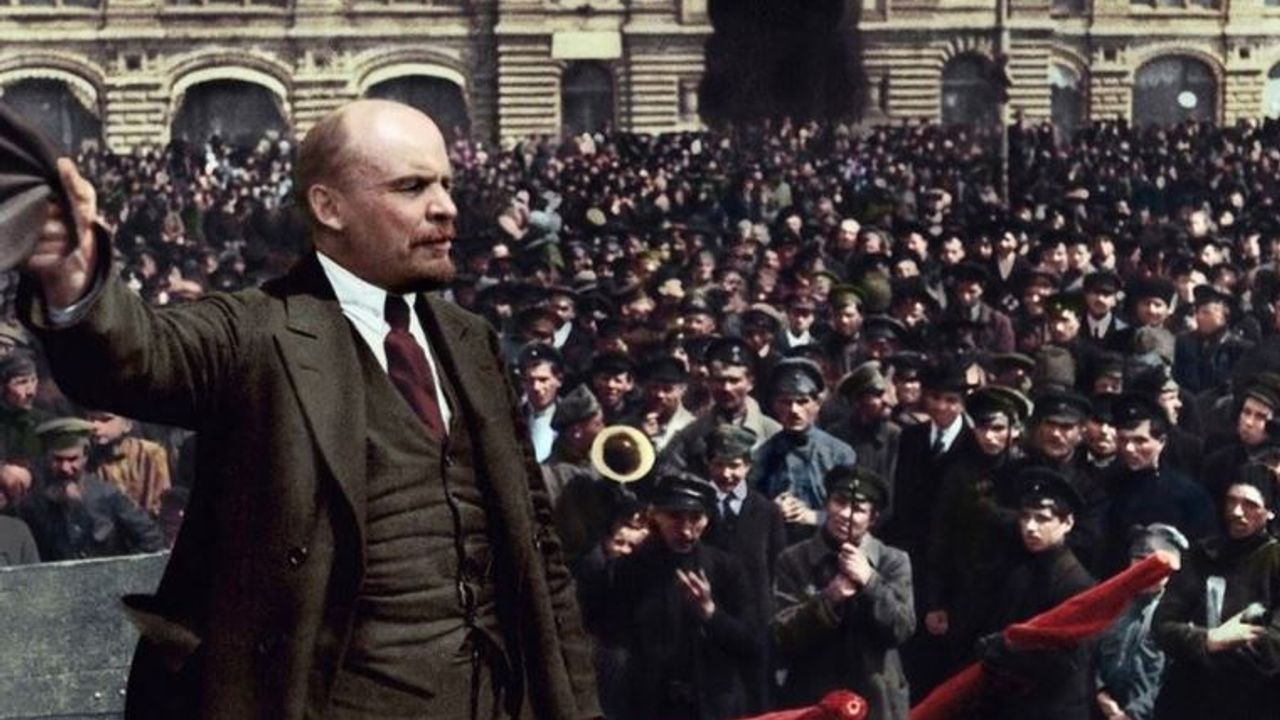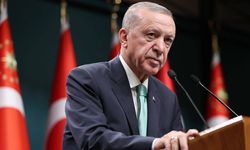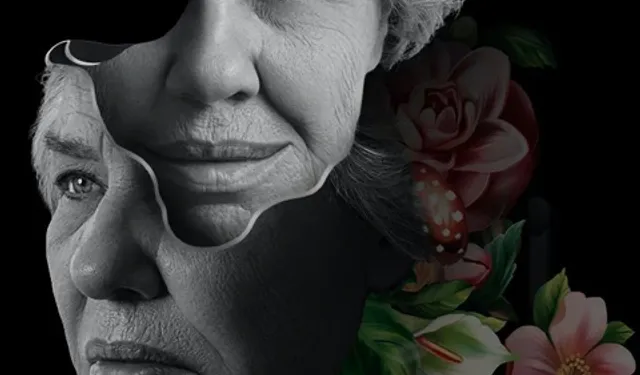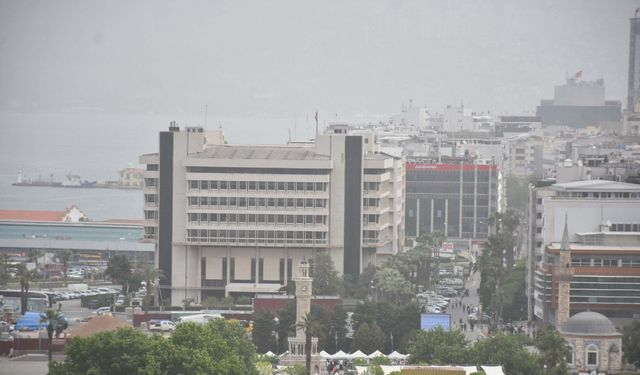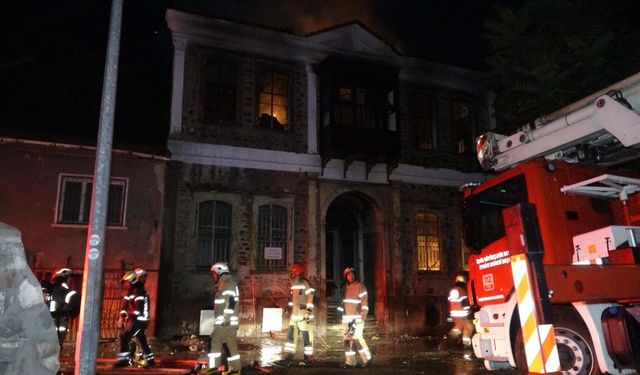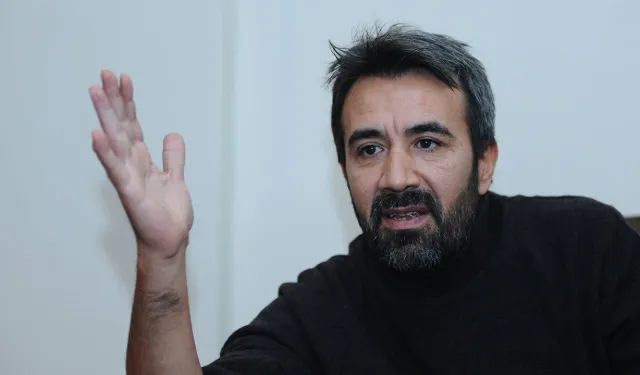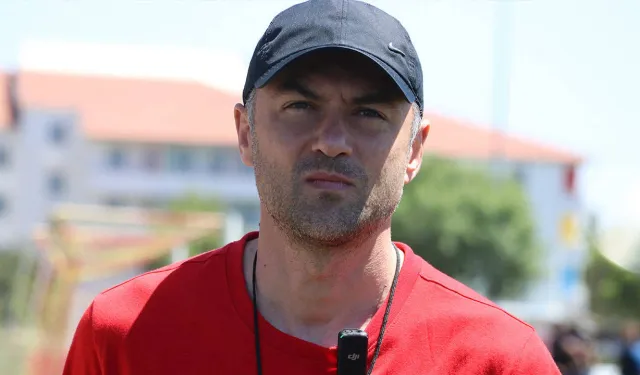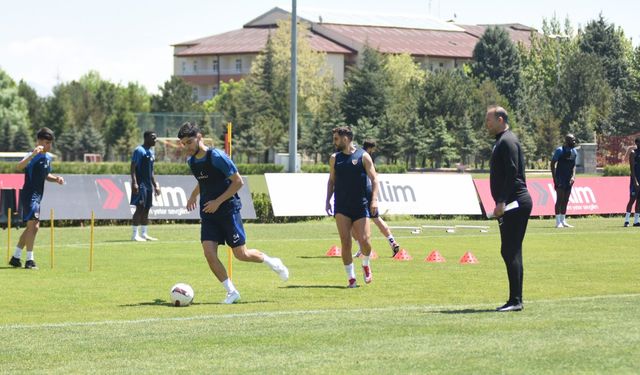Vladimir Ilyic Lenin, a name that reverberates through the annals of history, stands as a towering figure of the 20th century. As a revolutionary leader, his ideas and actions left an indelible mark on the world. In this comprehensive article, we delve deep into the life, ideology, and lasting impact of Vladimir Ilyic Lenin.
Vladimir Ilyic Lenin: A Brief Overview
Vladimir Ilyic Lenin, born in Simbirsk, Russia, on April 22, 1870, was a revolutionary thinker and leader. He played a pivotal role in the Bolshevik Revolution of 1917, which transformed Russia into the Soviet Union. Lenin's leadership was characterized by his unwavering commitment to Marxism and his vision of a classless society. His influence extended beyond Russia, shaping the course of world history.
Early Life and Education
Lenin's journey towards becoming a revolutionary began in his formative years. Raised in a middle-class family, he demonstrated intellectual prowess from an early age. His older brother's execution for plotting to assassinate Tsar Alexander III deeply affected him and fueled his revolutionary zeal. Lenin pursued higher education in law and became increasingly involved in radical political circles.
The Path to Revolution
Founding of the Bolsheviks
In 1903, Lenin and his supporters split from the Russian Social Democratic Labor Party, forming the Bolshevik faction. This division marked a crucial step in the development of Lenin's revolutionary path. The Bolsheviks were committed to a more aggressive approach to achieving a socialist state.
Role in the October Revolution
The pinnacle of Lenin's career came in 1917 during the October Revolution. He led the Bolsheviks in overthrowing the Provisional Government, establishing a socialist government in Russia. Lenin's famous slogan "Peace, Land, and Bread" resonated with the masses, solidifying his leadership.
Lenin's Ideology
Marxist Thought
Central to Lenin's ideology was his interpretation of Marxism. He believed that the working class (proletariat) should seize power from the bourgeoisie through a violent revolution. Lenin's writings, particularly "Imperialism, the Highest Stage of Capitalism," further developed Marxist theory to suit Russia's conditions.
Vanguard Party
Lenin advocated for a disciplined revolutionary vanguard party, consisting of professional revolutionaries. This party, he believed, would guide the working class toward revolution. The Bolshevik Party exemplified this concept.
Vladimir Ilyic Lenin's Impact
Lenin's legacy reverberates globally, leaving a profound impact on politics, economics, and ideology.
Formation of the Soviet Union
Under Lenin's leadership, Russia transformed into the Soviet Union in 1922. This union of socialist republics marked a new era in world history, challenging the dominance of capitalist powers.
Spreading Communism
Lenin's vision extended beyond Russia. He actively supported communist movements worldwide, inspiring revolutions and uprisings in other countries. His actions set the stage for the Cold War and the global ideological struggle.
Economic Reforms
Lenin initiated the New Economic Policy (NEP) to stabilize the Soviet economy after the ravages of war and revolution. This policy allowed limited private enterprise within a predominantly state-controlled economy.
FAQs
What were Lenin's main contributions to Marxist theory?
Lenin expanded on Marxist thought by applying it to the unique conditions of Russia, emphasizing the need for a vanguard party and highlighting the role of imperialism in capitalism.
How did Lenin's leadership impact women's rights in Russia?
Lenin's government granted women full legal equality, including the right to vote, marking a significant advancement in women's rights.
What is Lenin's connection to the Red Terror?
Lenin's government initiated the Red Terror, a period of political repression and violence aimed at eliminating counter-revolutionary elements. However, its scale and brutality remain a topic of debate among historians.
What is Lenin's role in the Russian Civil War?
Lenin played a central role in the Russian Civil War, leading the Red Army to victory against various anti-Bolshevik forces.
How did Lenin's death affect the Soviet Union?
Lenin's death in 1924 led to a power struggle within the Communist Party, ultimately resulting in Joseph Stalin's rise to power and a shift in Soviet policies.
What is Lenin's enduring legacy in modern Russia?
Lenin's legacy in modern Russia is complex. While his contributions to the Soviet Union are recognized, opinions on him vary widely, and his presence in public spaces remains a topic of debate.
